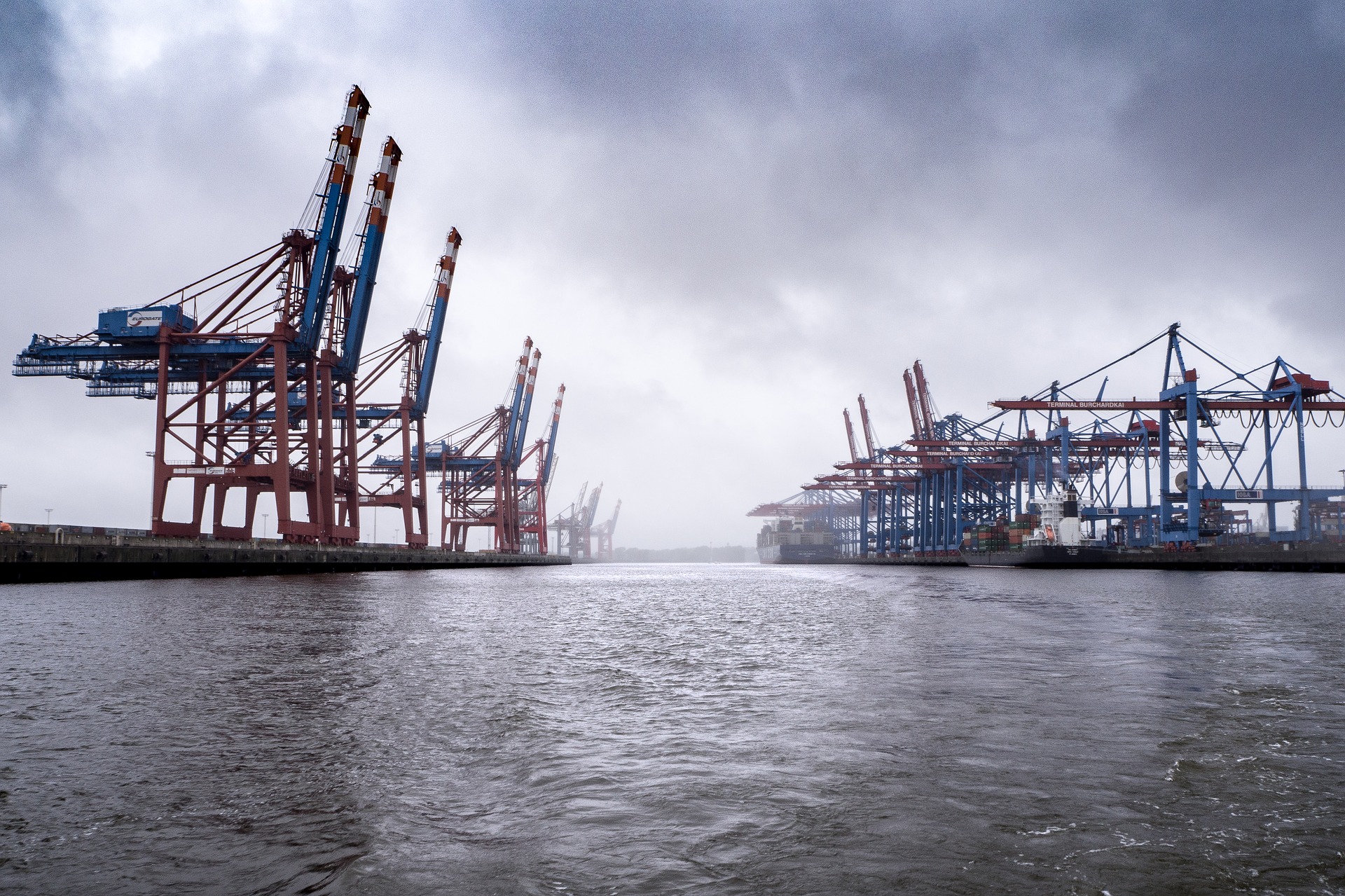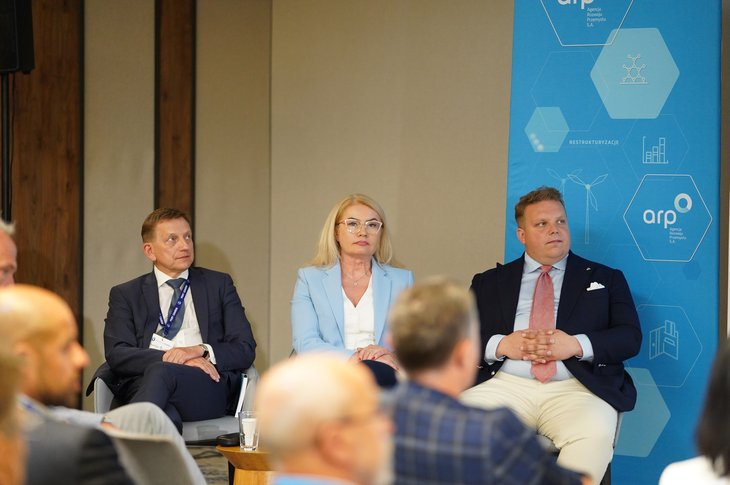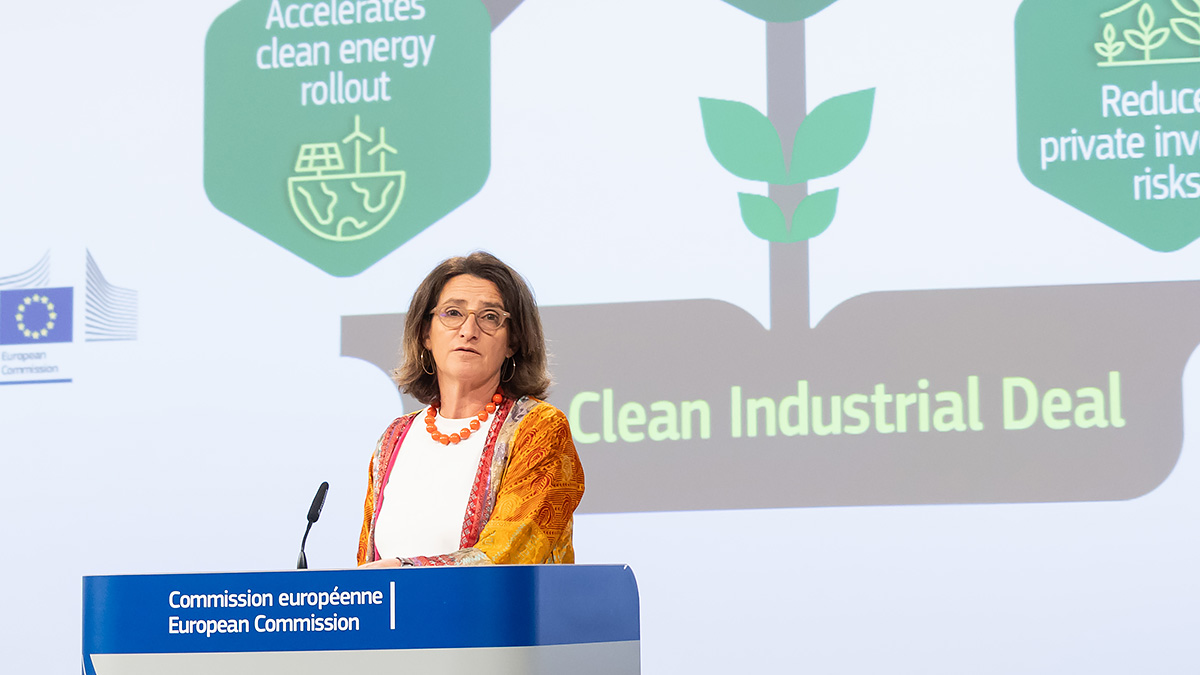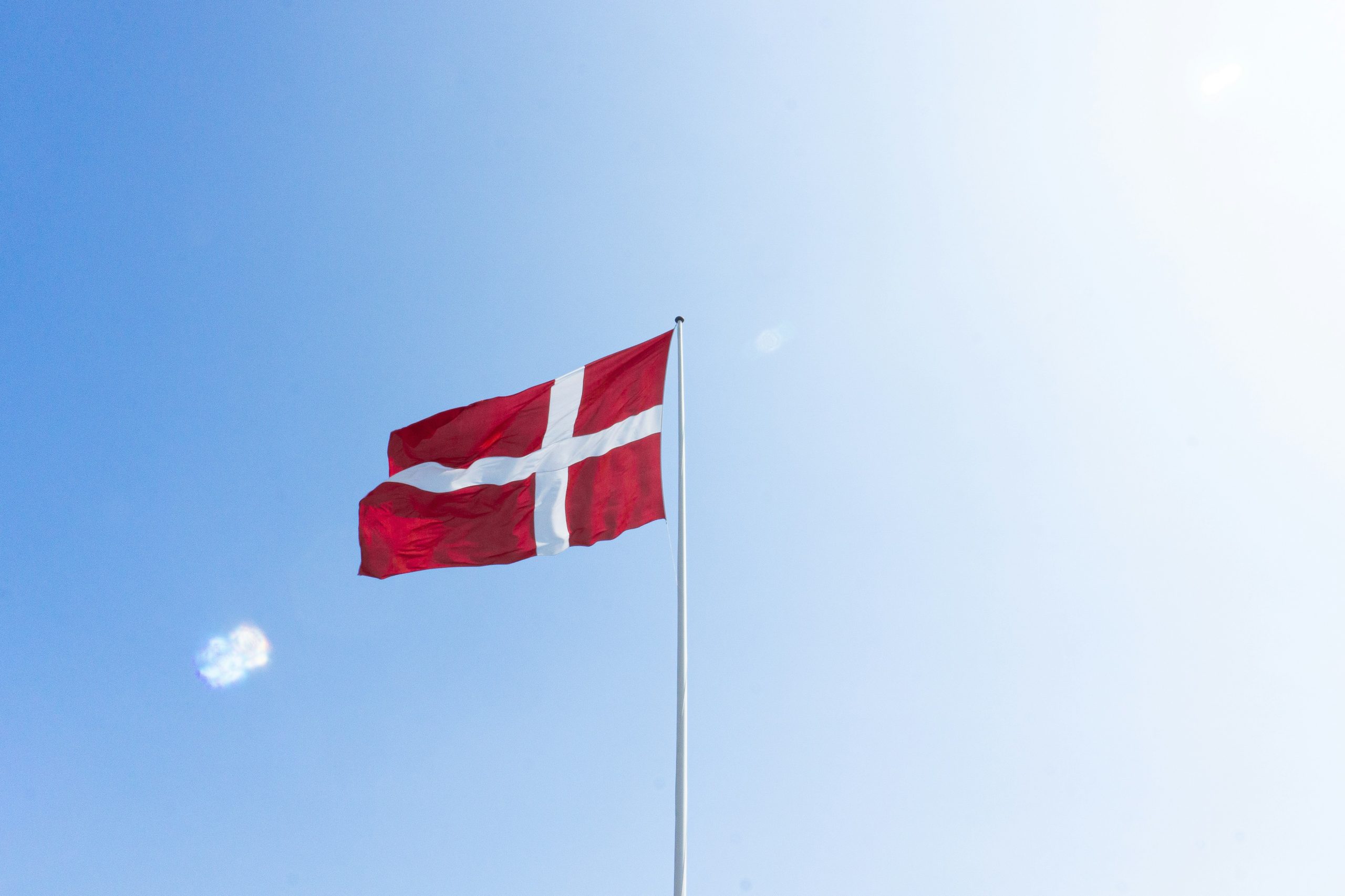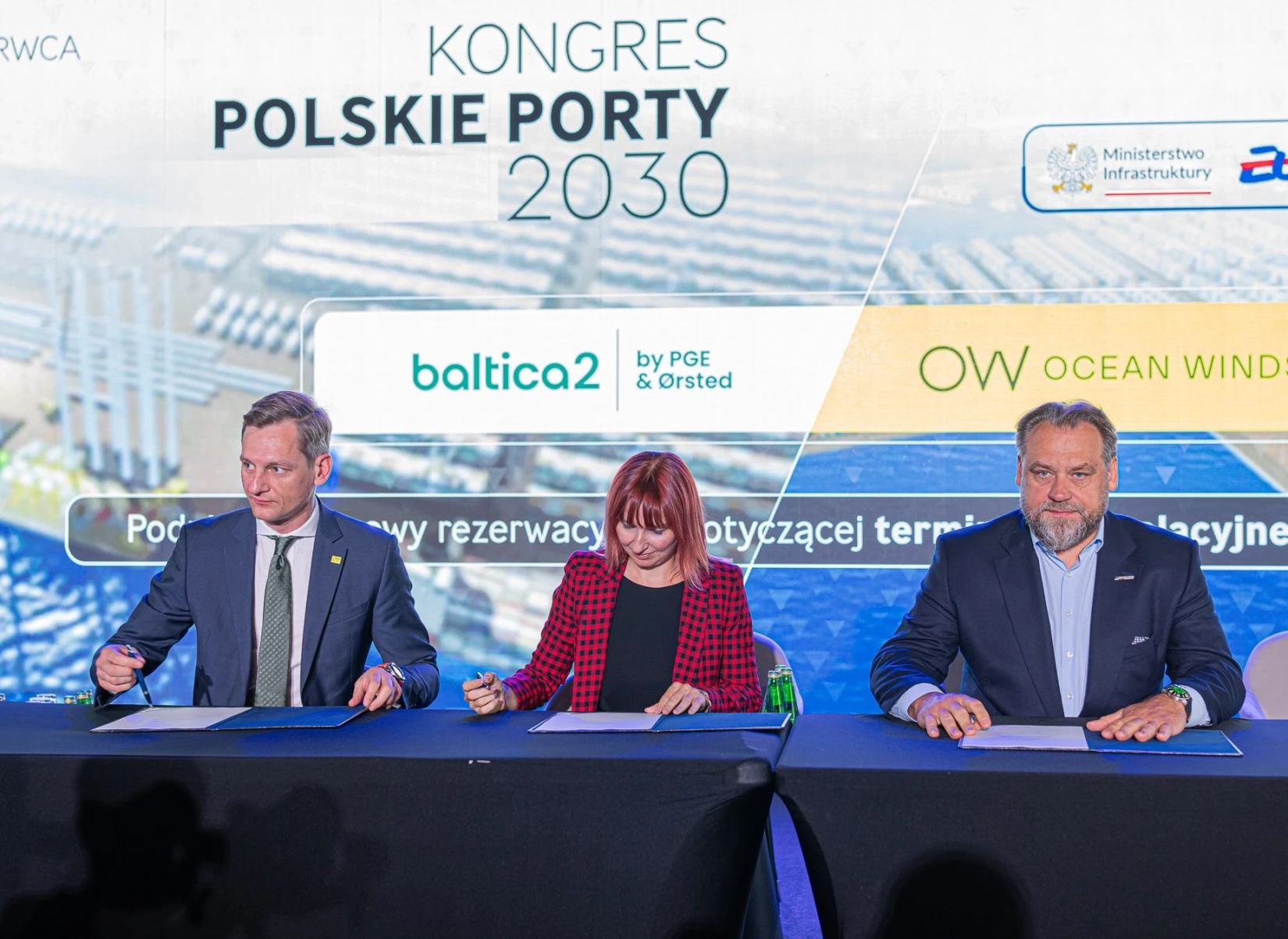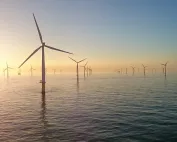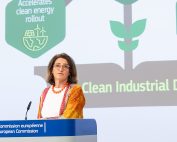In May 2021, the European Commission proposed a new approach to the blue economy, which is of key importance in the EU’s climate policy, in particular in achieving the objectives of the European Green Deal.
The maritime economy has grown in importance in recent years in the era of EU decarbonisation policies. It covers industries and sectors related to the seas and oceans. Its individual industries face many challenges, in particular in the area of reducing CO2 emissions. According to Commissioner Frans Timmermans, industries such as fishing, aquaculture, coastal tourism, maritime transport, port activities and shipbuilding must reduce their environmental and climate impact.
Healthy oceans are a prerequisite for a thriving blue economy. Pollution, overfishing and habitat destruction, combined with the effects of the climate crisis, threaten the rich marine biodiversity on which the blue economy depends. We need to change our approach and foster a sustainable blue economy where environmental protection and economic activity go hand in hand, Timmermans explained in the press release.
The European Commission wants to change the approach to the maritime economy and place emphasis on investments in a sustainable blue economy. Its problems have especially deepened during the COVID-19 pandemic. All sectors will have to limit their impact on the climate, which is a particular challenge.
Technology and innovation will play an important role. They include wave and tidal energy, the production of algae, the development of innovative fishing tools or the reconstruction of marine ecosystems that will create new green jobs and businesses. There are already many vacancies in the labor market centered around the blue economy. About 30 percent of offshore renewable energy sources development companies complain that the competencies they need are unavailable or about lacking in existing skills (e.g. among technicians). Only in the offshore wind energy sector, the number of jobs could triple until 2030.
In building a sustainable economy, there is of course a place for offshore wind energy sector, including floating wind platforms. Together with other technologies such as wave and tidal energy, they could produce around 25 percent of the EU’s electricity until 2050. Ports are crucial to the economies of European regions and will be used as energy hubs.
The European Commission also announced that it will strengthen cooperation on a sustainable blue economy with the European Investment Bank Group, which includes the European Investment Bank and the European Investment Fund (EIF). The new European Maritime, Fisheries and Aquaculture Fund through the BlueInvest platform and the new BlueInvest Fund will support the transition to more sustainable value chains.
